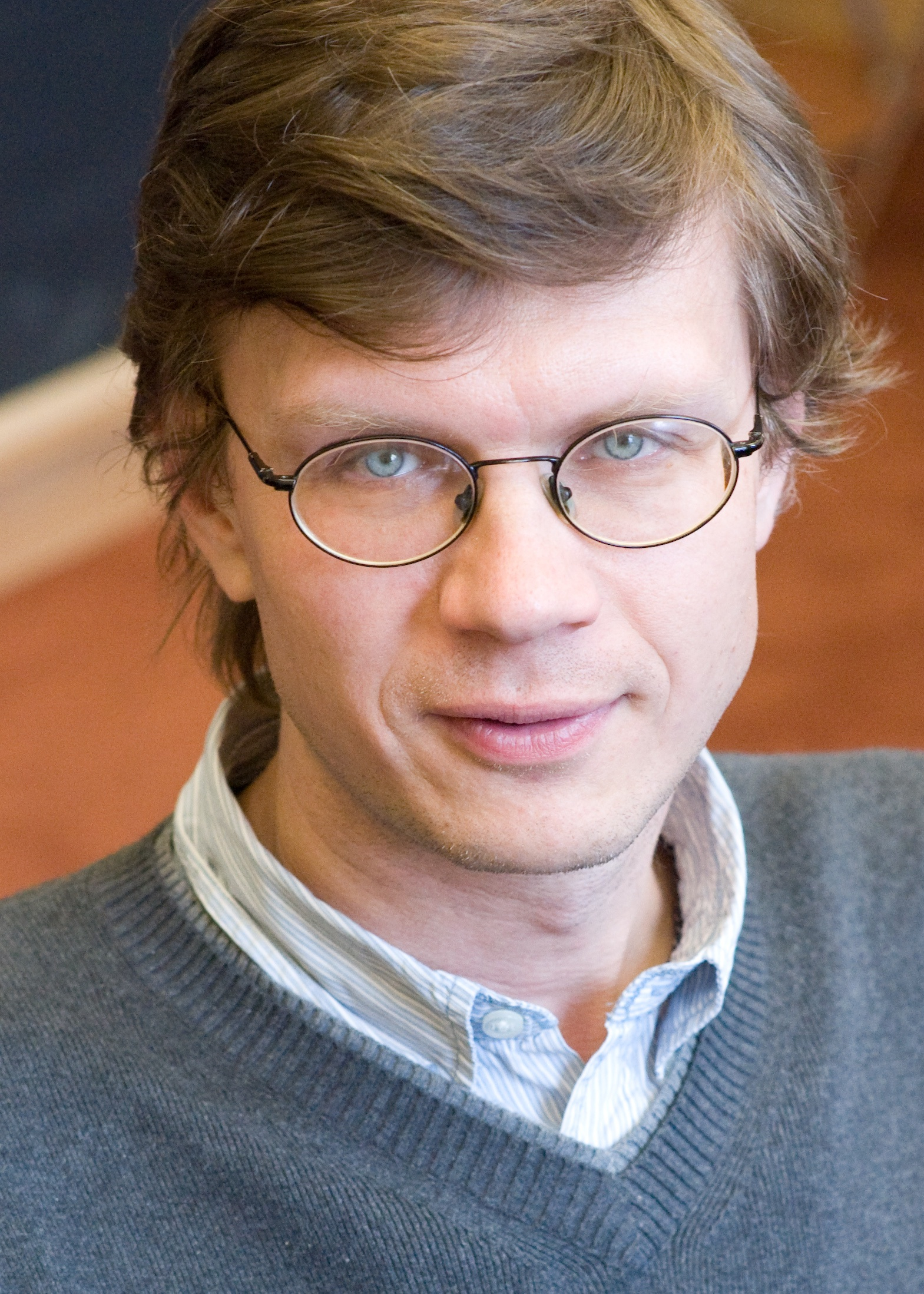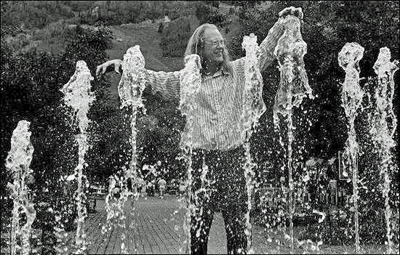

The New Frontier of Quantum Computing
Mikhail Lukin
Harvard University
Wed, Feb 8, 5:30–6:30am
Abstract
A broad effort is currently underway to build quantum machines that may be capable of outperforming the existing classical counterparts. These new quantum machines may be able to execute useful tasks in areas ranging from computation and communication to sensing and metrology (the science of measurement). Practical realization of such systems and exploration of their potential capabilities and limitations are among the central challenges in the new field of quantum science and engineering.
In this talk, I will describe several examples of recent work towards these goals. These include the realization of programmable systems composed of hundreds of quantum bits. These systems can be used to study new forms of quantum matter and to solve complex computational problems. Work is also underway to develop methods to correct errors in quantum processors in order to scale them up and to connect quantum computers to develop ingredients for a future quantum internet. Recent advances in quantum sensing include magnetic resonance imaging of individual molecules and novel approaches to biomedical diagnostics. We will discuss challenges and opportunities for building large-scale quantum machines and realizing their real-world applications.

About Mikhail Lukin
Mikhail Lukin received the Ph.D. degree from Texas A&M University in 1998. He has been on a faculty of Harvard Physics Department since 2001, where he is currently George Vasmer Leverett Professor of Physics, and a co-Director of Harvard-MIT Center for Ultracold Atoms and of Harvard Quantum Initiative in Science and Engineering. His research interests include quantum optics, quantum control of atomic and nanoscale solid-state systems, quantum metrology, nanophotonics, and quantum information science. He has co-authored over 400 technical papers and has received a number of awards, including the Alfred P. Sloan Fellowship, David and Lucile Packard Fellowship for Science and Engineering, NSF Career Award, Adolph Lomb Medal of the Optical Society of America, AAAS Newcomb Cleveland Prize, APS I.I.Rabi Prize, Vannevar Bush Faculty Fellowship, Julius Springer Prize for Applied Physics, Willis E. Lamb Award for Laser Science and Quantum Optics, Charles Hard Townes Medal, and the Norman F. Ramsey Prize. He is a fellow of the OSA, APS, and AAAS and a member of the National Academy of Sciences.
Nick and Maggie DeWolf Public Lecture Series
The Nick and Maggie DeWolf Foundation has sponsored our winter public lecture series since their inception in 1985. The Nick and Maggie DeWolf Foundation is a nonprofit organization based in Aspen, Colorado. Its core tenet is to provide support to groups and organizations interested in improving the quality of life and education in the world. During the winter, Aspen Center for Physics hosts week-long conferences, and during each conference one of the conference participants is asked to give a public physics talk. You can watch past talks on our YouTube channel here.



